As temperatures rise and outdoor gatherings fill parks and beaches, an unexpected health concern is gaining momentum: a summer uptick in respiratory illnesses, including COVID-19. Federal data released recently shows that while flu cases are declining and RSV (Respiratory Syncytial Virus) remains steady, infections from the novel coronavirus are increasing across many U.S. regions—especially in the mid-Atlantic, Southeast, and Southern states.
Traditionally, cold and flu season peaks in the fall and winter, when people spend more time indoors with limited ventilation. However, summer is no longer immune to respiratory viruses. Experts point to several factors contributing to this shift:

According to federal health surveillance reports, emergency department visits for respiratory symptoms have increased across all age groups. While hospitalization rates remain lower than during previous pandemic peaks, the upward trend is prompting public health officials to urge vigilance.
Notably, wastewater monitoring—a key early indicator of community transmission—has detected rising levels of SARS-CoV-2 genetic material in dozens of communities nationwide. This suggests that actual case numbers may be underreported due to widespread at-home testing and reduced reporting to health departments.
Many people experience runny noses, sore throats, or coughs in the summer. Distinguishing between seasonal allergies, summer colds, and more serious infections like COVID-19 can be challenging. Here’s a quick guide:
| Symptom | Allergies | Summer Cold | COVID-19 |
|---|---|---|---|
| Fever | No | Sometimes | Common |
| Sneezing | Yes | Yes | Sometimes |
| Loss of taste/smell | No | No | Common |
| Duration | Weeks (seasonal) | 7–10 days | Varies (5+ days) |
If you're unsure, the best course of action is to take a rapid antigen test for COVID-19—especially if symptoms persist or worsen.
Health officials recommend several practical steps to reduce your risk of infection while still enjoying summer activities:
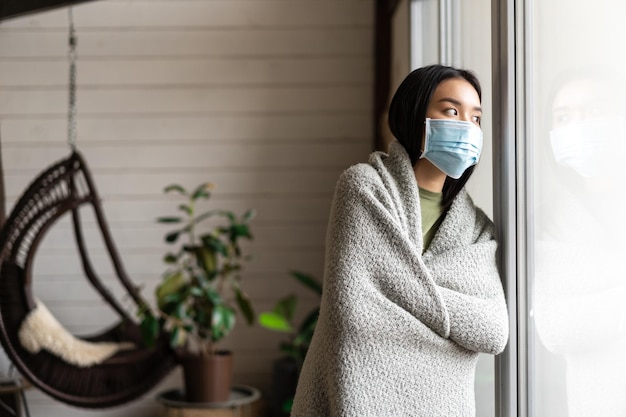
Public health agencies are not calling for broad restrictions but are emphasizing personal responsibility. With schools preparing to reopen and cooler months approaching, now is a critical time to reinforce healthy habits.
Surveillance systems continue to monitor trends in real time, and updated guidance may be issued as needed. For now, the message is clear: enjoy summer, but don’t ignore symptoms. A little caution can go a long way in protecting yourself and others.

Health

Health

Health

Health

Health
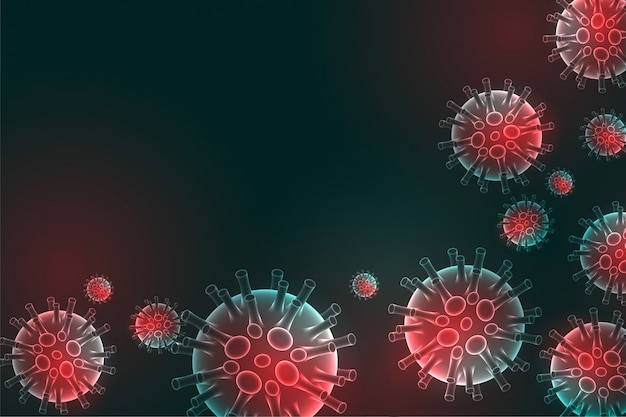
Health

Health
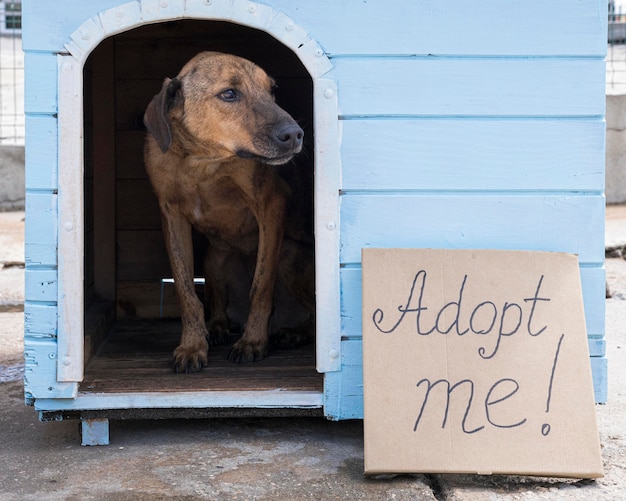
Health
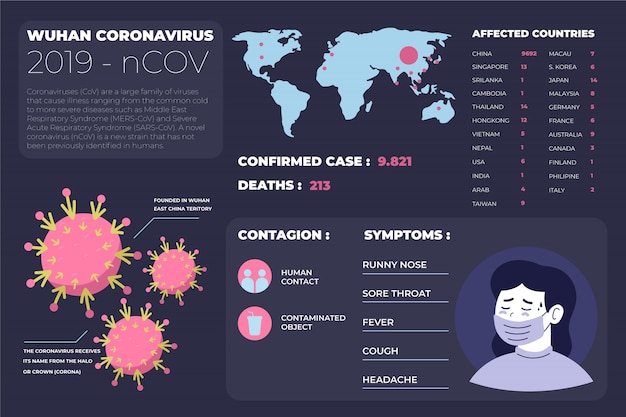
Health

Health
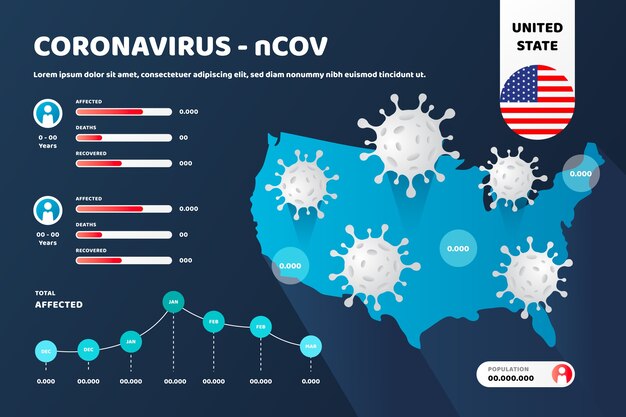
Health
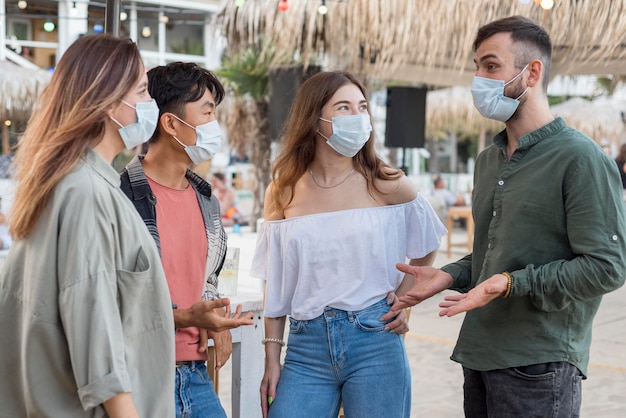
Health

Health

Fitness

Health

Health